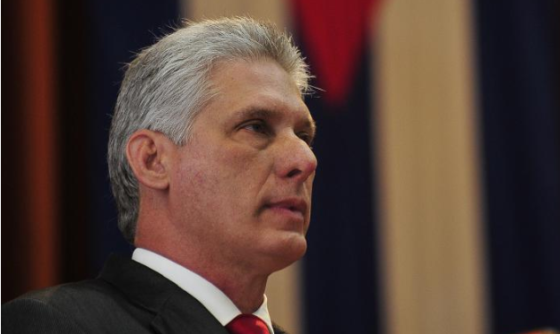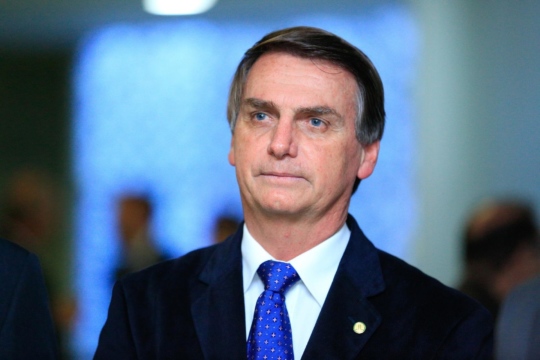
Will Cuba’s New Constitution Bring Major Changes?
Cuba’s draft constitution recognizes private property and creates a prime minister position. But would it bring true change?
When it comes to writing constitutions, Bolivia has some experience. Its most recent, passed by popular vote in 2009, is the country’s seventeenth. Yet proponents of the new framework – which gained international attention for its sweeping declarations regarding natural resources and indigenous communities – contend that this time around, Bolivians finally did it right.
It was in this spirit that Dr. Héctor Arce Zaconeta, former president of the Chamber of Deputies and current president of its Constitutional Commission, visited the Dialogue on November 28. Elaborating on institutional safeguards for human rights, Arce highlighted key elements that differentiated the new Bolivian constitution from its predecessors. Specifically, he touched upon the formal recognition of a “plurinational” country where myriad indigenous communities represent over 60 percent of the population. He also addressed the greater authority granted to subnational governments and the robust economic role granted to the state in strategic sectors and natural resource extraction. Arce also noted that over 100 articles of the constitution deal directly with protecting human rights and that Bolivian law now recognizes the supremacy of international accords.
Yet Arce noted that translating these statutes into actual human rights protections is another matter. Like a knife equally capable of robbing someone or performing surgery, all depends on how authorities apply the law. Opponents agree on this point and have raised serious concerns over the country’s treatment of dissent.
Critics point to several instances of alleged human rights abuses, such as the forceful police tactics used against protestors of a proposed highway and the detentions of individuals for political reasons or without charge. Two such cases involve American Jacob Ostreicher who, after being jailed on accusations of money laundering, has stood without formal charge for 18 months and Roger Pinto, an opposition senator, who has been granted asylum in Brazil yet cannot leave the embassy in La Paz due to corruption charges.
Arce also took the opportunity to clarify the controversy surrounding the term limits on President Evo Morales, who entered office in 2006. Previously, Bolivian presidents were restricted to one five-year term. Yet the 2009 Constitution allows for reelection for an additional five-year mandate for a maximum ten-year continuous period. The adoption of this new framework essentially “reset” Morales’ tenure, and will ultimately allow him thirteen uninterrupted years in power if reelected in 2015.
Cuba’s draft constitution recognizes private property and creates a prime minister position. But would it bring true change?
A Latin America Advisor Q&A featuring experts’ viewpoints on the development of indigenous land in Brazil.
